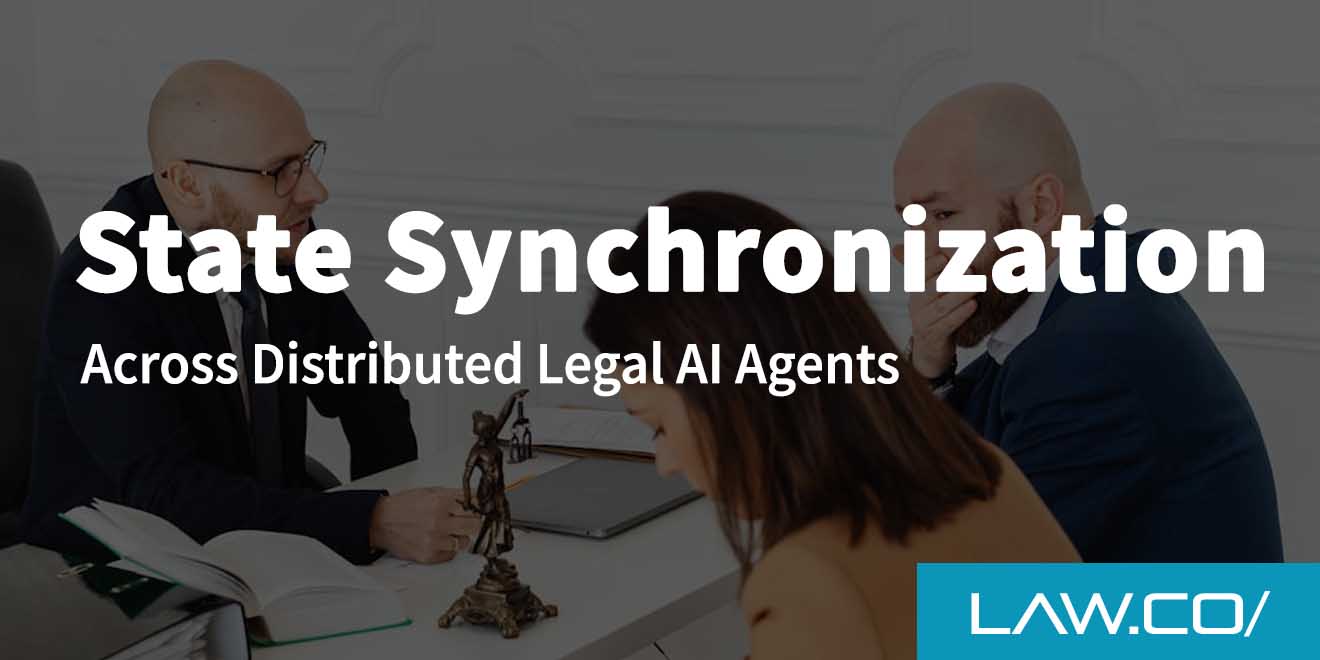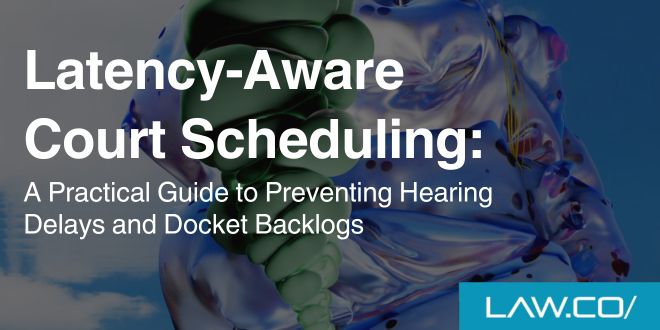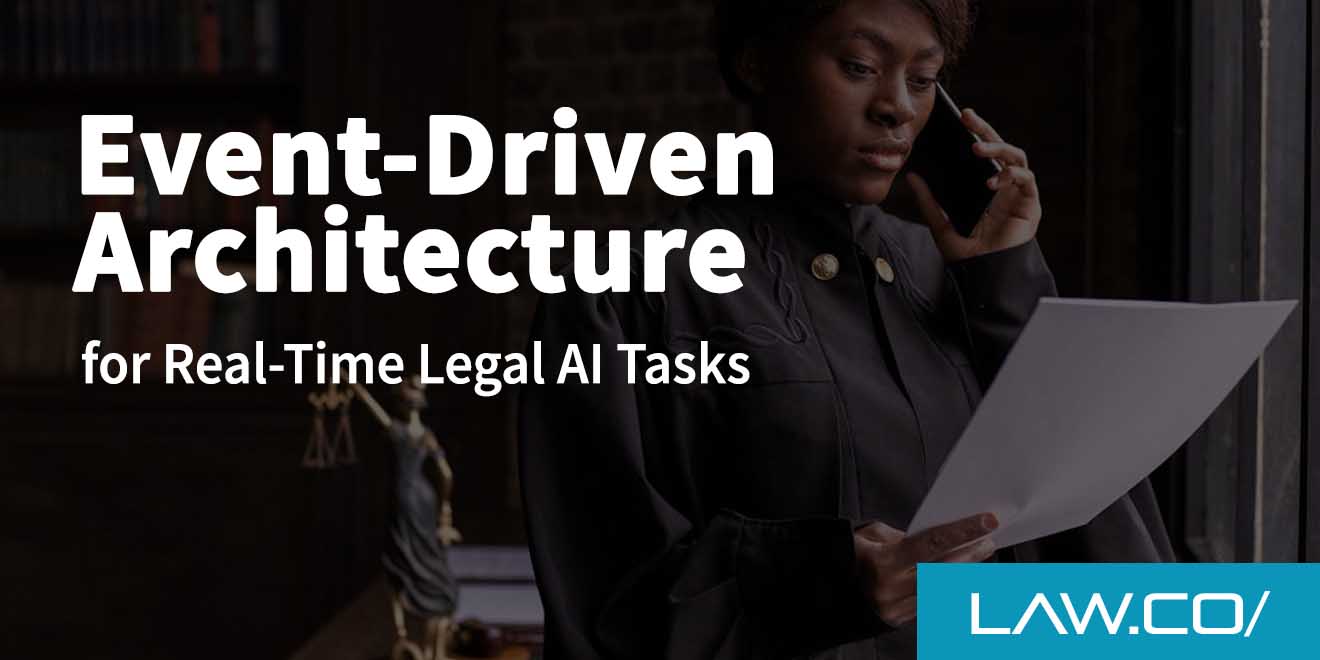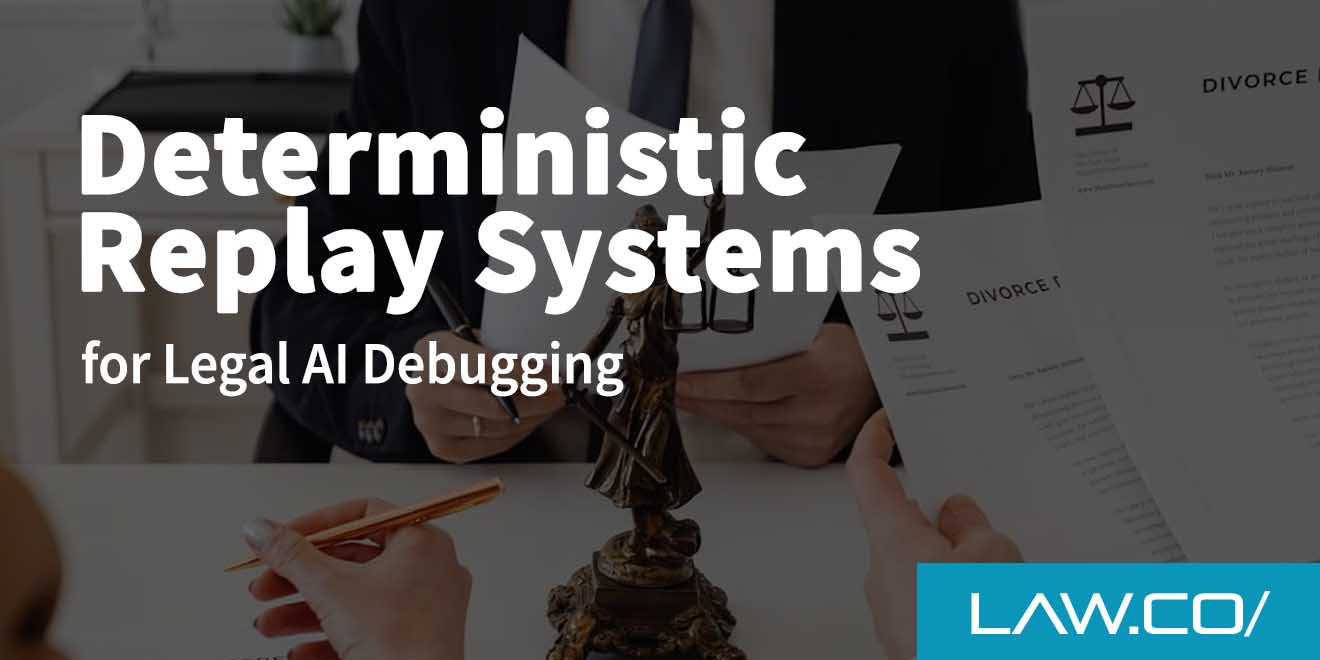

The Relevance of AI Governance in the Legal Industry
AI has become integral not only to everyday lives but transversing industry boundaries. Explosive advancement in its application demands wisdom to ensure responsible driving use, adequately articulated by AI Governance.This diligence pursues transparency and sensitivity when evaluating the nature of intersecting legal frameworks which can collectively bridge radical developments engendered with ethical responsibilities to protect all stakeholders involved.Evading such strategizing could lead to concerning division among benefit accessors as well as critically deepening judiciary liabilities these prominent projects entail over time cycles.
AI Governance

SourceAI governance is a system of principles, policies, and procedures that manage the creation, implementation, and use of Artificial Intelligence (AI) technologies. It acts as a support to ensure that all AI systems operate ethically and are aligned with our societal values.Through regulation and standards being set out in AI governance guidelines, this ensures greater protection against any risks and encourages responsible AI reflection.AI governance covers far more than just technical details; ethical matters like fairness, responsibility, and trying to avoid prejudices in AI systems must all be considered.In addition, laws around privacy, data security, IP rights and the apportionment of liability have to be discussed too. Finally, transparency and comprehension should also taken into account in order for people to fully understand how choices dependent on AI are impacting them.
Key Components of AI Governance
Ethical Considerations
Guiding our progress through difficult moral challenges, ethical guidelines impart the supporting structure needed to tackle advanced AI technologies responsibly. With these structures in place, the development of AI can proceed with consideration for human rights, fair treatment and protection against potential risks embedded unseen within the network atmosphere- Ethical underpinning sets down sound precautionary measures when working towards robust progress on breakthrough artificial intelligence electronics.
Legal Frameworks
Advancing equitable access to the benefits of AI must be bound with laws created by ethics and legality that render clear provisions surrounding rights, responsibilities, duty requirements, and accountability.Shaping protection agreements aground data privacy regulations are integral for the trust placed amongst developers, and users and provides direction in seasons of wrong implementation or contravenes.In no time shall practicable legalities outshines morality permitting secure habitation of intelligent technology automation through comprehensible transparency from its agile outcomes along with ethical values maintained par excellence.
Transparency and Accountability
The successful guidance and use of AI require complete transparency combined with solid accountability mechanisms: Without them, even the best algorithms present definite risks - trust is fragile and must be treated like a precious laser crystal.In turn, being open with decisions allows us to trace out how and why outcomes were achieved - to broaden human understanding and enable individuals to fairly apportion any legal or ethical responsibility within its inner workings.Grand challenges these days lay widespread around the rapid advancements of AI technology.Determining effective governance solutions to facilitate safe, trustworthy profiles forming the backbone for such disciplinary enterprises is pivotal for adequately accounting for well-formedness and principled behavioral output in a societal sense that truly honors everyone's rights and ideas alike.AI governance ultimately strives to make known what AI essentially stands for – respectable practices through harmonious balance into both society’s enlightened perennials, as well as individual radiances too!
The Implications for Society
Potential Risks and Challenges of AI Without Proper Governance

SourceThe lightning-like proliferation of AI technologies, ungoverned, bears a detrimental share of risks and challenges in our world.Unchecked autonomy of AI threatens to drastically bring forth inequity from various discriminations subconsciously in close hug relation results oscillating to biased accords.Mentoring Artificial Intelligences without regulation can foster hurtful apace with characterizing portrayals influenced impalpably only equalize wound to strenuous social imbalances smoldering meanwhile beneath the radar.Not only does proper governance ensure the safeguarding of individual privacy and data protection - but, as AI technologies gain in prevalence, it becomes evermore prudent to take caution against data breaches, misuse of sensitive information, and more ugly scenarios still.The pervasive utilization of personal data means preventing unauthorized access is crucial – resolving such urgent weighty issues falls wholly on right-minded implementation behind modern AI endeavors.
Mitigating Risks and Protecting Societal Values

SourceEstablishing ethical guidelines, legal frameworks and advocating for transparency are key components in the governance of Artificial Intelligence (AI). These strategies seek to mitigate risks through spot checks on potential bias towards discrimination while delivering equitable outcomes.Moreover, laws will determine the rights/responsibilities pertaining to this venture but only after thousands of businesses have adopted AI systems into their workplaces.Great emphasis is placed upon providing notice where appropriate making things markedly clearer for customers as they grasped that alterations can happen improving recompense lanes when people need to manifest accusations against attendant AI exertions.The importance of AI governance is made more evident by advances in technology - mitigating the potential risks and challenges posed, preserving fundamental societal values and protecting privacy rights.For this vision of a future befitting mankind to come to fruition, responsible and ethical use for everybody mixed up must also assured – thus garnering much needed public trust.
Individual Relevance and Why You Should Care
Impact of AI on Individuals and Everyday Life
AI plays a huge role in people's lives . AI-driven processes are featured on streaming options, voice assistants, chatbots, legal briefs, and social media platforms to customize information, display products and cater services that we use every day.Therefore it's essential to attain knowledge about its influence over individual life situations so as to implement them effectively online.
Privacy and Data Protection through AI Governance

SourcePrivacy and data security must be at the forefront as we step into the AI era. The nature of artificially intelligent systems presents a heightened potential for improper use or breaches of personal information, such as identity theft , limitless surveillance, etc. An ideal framework established herein would appropriately protect user data throughout its entire treatment process - including collection storage and processing - in compliance with privacy considerations to ensue one's fundamental right over their identities remain honored.
Influence AI Systems through Governance Mechanisms
Individuals can play an instrumental role in AI governance, which allows them to comprehend and shape the behavior of AI systems affecting their lives. Transparency and interpretability make it possible for people to understand how decisions are formulated and what factors drive decisions.People also have the ability to participate directly by presenting comments about or objections to consequential results that could involve intimidating implications. Consequently, those involved in AI governance promote fairness, responsibility leading, eventually, greater respect for values held collectively across each society.
Current Initiatives and Future Directions
Initiatives at National and International Levels
It is clear that governments and organizations around the world are doing what they can to effectively regulate Artificial Intelligence (AI).Significant developments have been made in international and domestic regulations, policies, frameworks, and standards over recent years. Accomplishments in this field suggest varied collaborative efforts toward governing AI responsibly.
Debates and Challenges in AI Governance
A closer examination of persisting challenges in AI governance creates a better understanding of how stakeholders – from citizens to government and industry leaders – can strive for change.Today's fierce movements for AI regulation spotlight intriguing topics like the ethics of AI, algorithmic transparency , bias mitigation, or new liability frameworks supported by lawmakers.Being aware of such socially relevant conversations both encourages growth in the use and accuracy of artificially intelligent systems while also recording progress when striving to tamper through taboos and obstacles existing fabrics along innovation principles with current policies and regulations.
Conclusion
In our rapidly progressing existence dominated by AI-driven , the potential perils need to be apprehended. Understanding and effectively engaging with AI governance in this world is now of the utmost importance for safely safeguarding individuals' rights and societal values accordingly.Just like a framework for social guidance unlocks countless ways to apply this new technology ethically while following expectations dictated by law, the effects intertwining responsible AI governance should be felt by all parties--apt to feel uncertain associated with this movement.

%201.svg)










